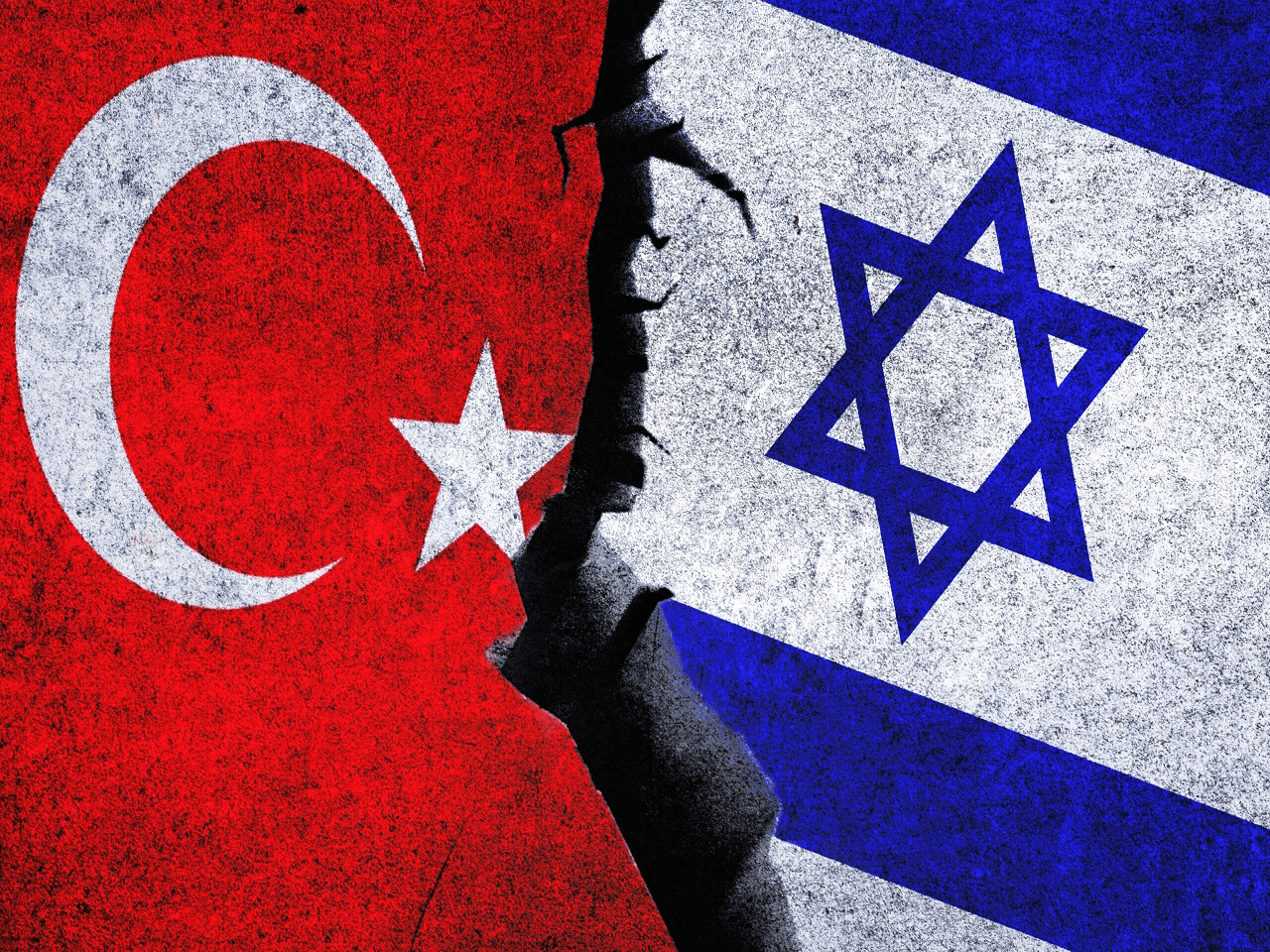With aspects reaching out to domestic Turkish politics and the Caucasus.
With aspects reaching out to domestic Turkish politics and the Caucasus.
The US is planning to establish a new order in West Asia by mending ties between Türkiye and Israel through Syria.
From Washington’s perspective, Türkiye is a partner it cannot afford to lose entirely in the region. And Israel is the US’s outpost in West Asia. So, easing tensions between Ankara and Tel Aviv is of primary importance to the US.
Points of contention between Ankara and Tel Aviv in Syria
As of December 2024, following the fall of Assad, Türkiye, and Israel have found themselves on opposing sides in Syria.
Türkiye maintains good relations with the Golani government. Ankara is pursuing a strategy aimed at ensuring the continuation of Golani’s government and preserving Syria’s territorial integrity. In doing so, Türkiye seeks to prevent a fragmentation of the country in the north centered around the SDF/PKK, as such a development would pose a direct and critical threat to its national interests.
Israel is working to maintain its presence and influence in southern Syria, while also taking steps to protect the territorial gains of the SDF/PKK in the north, which Israel sees as an ally.
In this strategy, while Tel Aviv continues to support the SDF/PKK, it is also trying to create autonomous zones in the south aligned with its interests, particularly through ethnic groups like the Druze. As part of this strategy, Israel aims to contain and keep the Golani government under its control. And when Golani takes steps that run counter to its interests, Israel doesn’t hesitate to carry out military operations in various parts of Syria, including Damascus.
The US’s plan for Syria – Barrack’s path
Tom Barrack, the US Ambassador to Ankara and Special Envoy for Syria, plays a key role in Washington’s plan to mend Turkish-Israeli relations through Syria.
Two points stand out in Barrack’s statements on Syria:
1. A unified Syria under the Golani government.
2. The integration of the SDF/PKK into the Syrian state.
Both points are aimed at addressing Türkiye’s security concerns in Syria. This serves to prevent Türkiye from launching new military operations against the SDF/PKK in northern Syria.
At the same time, Barrack is working to normalize relations and build a lasting alliance between the Golani government and Israel. The goal here is to remove Syria as a potential threat to Israel.
Simply put, the US is backing the Golani government to ease Türkiye’s concerns regarding a fragmentation in Syria, while also acting as a mediator between Golani and Tel Aviv to strengthen Israel’s security.
The medium and long-term objective of this dual-track strategy is to repair relations between Türkiye and Israel through Syria.
Signs and questions
There are some key developments that appear to support this strategic orientation of the US:
1. The “terror-free Türkiye” process initiated between the Turkish government and the PKK is being backed by Washington. In parallel with this process, Barrack has increasingly emphasized the “legacy of the Ottoman Empire” in West Asia. At the same time, the Turkish government has begun to highlight the discourse of “a shared Turkish-Kurdish-Arab identity”.
During the First and Second Gulf Wars, the US had asked Ankara to support the overthrow of Saddam in exchange for Türkiye’s influence in northern Iraq.
Today, a similar question stands before us: Is Washington now offering Türkiye new spheres of influence, particularly in Syria, in return for at least a neutral stance on Israel’s security and the isolation of Iran?
2. The US is expanding its influence in the Caucasus, especially in Azerbaijan. Media reports suggest that groups aligned with Washington may be tasked with ensuring the security of the Zangezur Corridor. That move would curtail Russia’s and Iran’s influence in the region. Such a plan would be impossible to implement without Türkiye’s approval. The next period in the Caucasus remains an open question.
And the final question:
Is the AKP government abandoning its “policy of balance” between East and West and returning to a “strategic alliance” line with the US?
















Leave a Reply